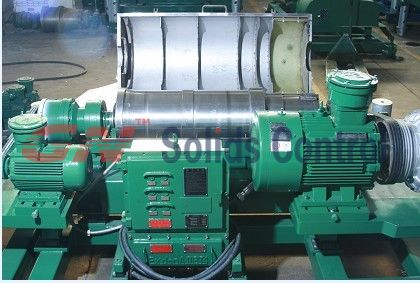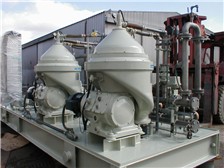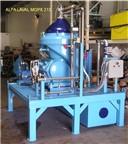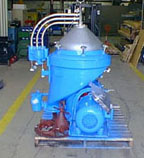3 May 2010
Additional Protocol Essential for Effective Global Nuclear Verification
Over forty years ago, the IAEA was mandated by the Treaty on the Non-Proliferation of Nuclear Weapons (NPT) to verify that nuclear material and activities in non-nuclear-weapons States are not used for military purposes.
Strengthened Verification Capacity
The IAEA Board of Governors adopted in 1997 additional measures to strengthen the procedures used to determine whether States party to the NPT were meeting their non-proliferation obligations. This legal agreement, or Additional Protocol, grants IAEA inspectors expanded rights of access to information and sites. It improves both the administrative procedures between the States party to the NPT and the IAEA, as well as the communication between the inspectors and the IAEA´s Headquarters in Vienna.
Verifying Peaceful Use
Every year, the IAEA draws a conclusion for each State with a safeguards agreement in force. Only if a non-nuclear weapon State has both a comprehensive safeguards agreement and an Additional Protocol in force, and the IAEA has been able to conduct all the necessary verification and evaluation activities, can the Agency conclude that all nuclear material in that State is in peaceful activities. In contrast, if the Additional Protocol is not in force, the IAEA can only draw a conclusion on that State´s declared nuclear material. The Agency will not be able to provide assurance that there are no undeclared nuclear activities.
Universal Adoption
Currently, safeguards are implemented for 172 States, while 98 of these States have Additional Protocols in force. IAEA Director General Yukiya Amano has repeatedly called for the universal adoption of the Additional Protocol by all States party to the NPT.
"I call on all States that have not yet done so to bring into force additional protocols without delay," he said. "Unless a State has an Additional Protocol in force, the IAEA will never have sufficient basis on which to draw conclusions on the absence of undeclared nuclear material and activities.
"That is the reason why its universal adoption is crucial to verifying nuclear non-proliferation," he commented.
source: www.iaea.org












